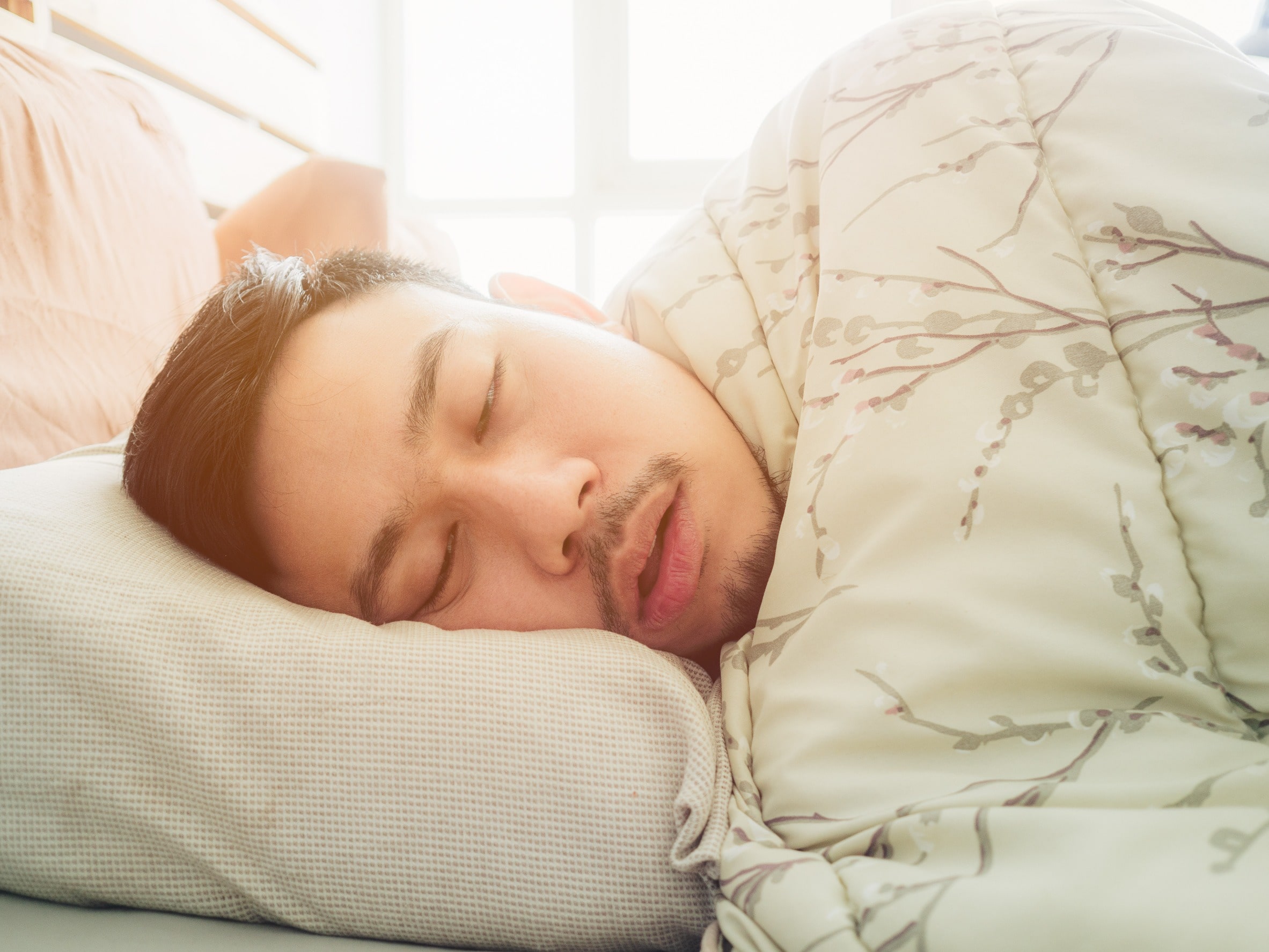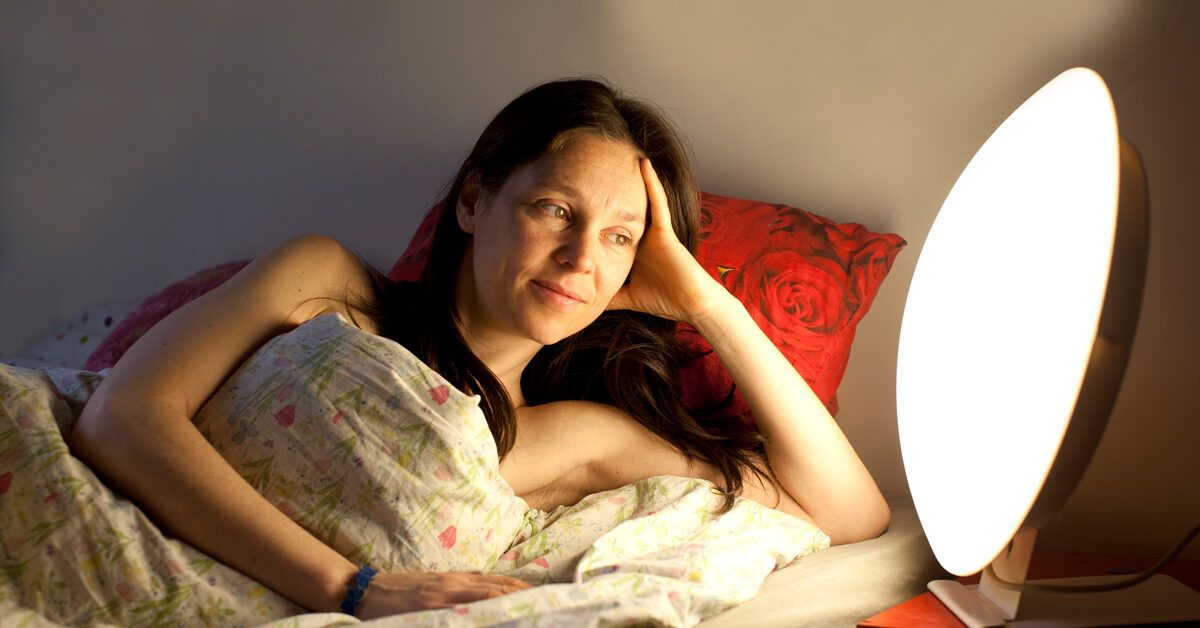Experienced Insomnia Specialist - Personalized Take Care Of Better Sleep
Experienced Insomnia Specialist - Personalized Take Care Of Better Sleep
Blog Article
Efficient Treatment Solutions for Managing Rest Disorders and Enhancing Restful Rest
In the realm of health care, the administration of sleep disorders and the quest for restful rest are essential parts of general well-being. Reliable therapy remedies use a multifaceted approach to tackle these challenges, ranging from cognitive behavioral treatments to holistic methods that promote leisure and mindfulness. The exploration of different techniques, consisting of the integration of medication and light therapy, opens a realm of opportunities in the search of far better sleep top quality. As we browse the detailed landscape of sleep problems and look for to enhance our sleep experience, a much deeper understanding of these treatment solutions might hold the trick to unlocking a much more rejuvenating and satisfying corrective journey.
Cognitive Behavioral Therapy for Insomnia (CBT-I)
Cognitive Behavioral Therapy for Sleeplessness (CBT-I) is a structured, evidence-based therapy strategy that concentrates on addressing the hidden factors contributing to sleep disruptions. This sort of therapy aims to customize habits and thoughts that worsen sleeplessness, ultimately advertising healthy and balanced rest patterns. CBT-I usually entails a number of key elements, consisting of cognitive therapy, rest limitation, stimulus control, and sleep hygiene education.
Cognitive therapy helps individuals recognize and transform adverse thought patterns and ideas about rest that may be hindering their capability to fall or stay asleep. Sleep constraint entails restricting the amount of time invested in bed to match the individual's actual rest duration, therefore boosting rest performance (insomnia solutions). Stimulation control strategies help establish a strong organization between the bed and rest by urging individuals to head to bed only when sleepy and to stay clear of engaging in boosting tasks in bed
In addition, rest health education and learning concentrates on creating healthy sleep behaviors, such as preserving a consistent sleep routine, producing a relaxing bedtime routine, and optimizing the sleep setting. By resolving these factors thoroughly, CBT-I provides a reliable non-pharmacological intervention for managing sleeping disorders and boosting total sleep high quality.
Rest Health Practices
Having developed the structure of cognitive restructuring and behavioral modifications in addressing sleeplessness through Cognitive Behavioral Therapy for Sleeplessness (CBT-I), the emphasis now moves in the direction of exploring vital Sleep Health Practices for preserving optimum sleep top quality and total wellness.
Sleep health techniques include a variety of practices and environmental elements that can substantially affect one's ability to go to sleep and remain asleep throughout the night. Consistent sleep and wake times, producing a relaxing going to bed routine, and maximizing the rest setting by maintaining it dark, silent, and cool are vital components of good rest health. Limiting exposure to screens prior to going to bed, avoiding energizers like high levels of caffeine close to bedtime, and engaging in regular physical activity throughout the day can likewise advertise much better rest quality.
In addition, exercising relaxation strategies such as deep breathing exercises or reflection prior to bed can aid relax the mind and prepare the body for sleep. By integrating these sleep health practices into one's daily regimen, individuals can establish a healthy and balanced sleep pattern that sustains peaceful sleep and total health.
Leisure Methods and Mindfulness
Applying relaxation techniques and mindfulness methods can play a pivotal duty in promoting a sense of calm and promoting quality sleep. sleep improvement therapy. These techniques aim to peaceful the mind, minimize stress and anxiety, and produce an optimum environment for relaxed sleep. One commonly exercised method is deep breathing workouts, where individuals concentrate on slow, deep breaths to unwind the body continue reading this and mind. Progressive muscular tissue relaxation includes tensing and afterwards launching each muscle team, promoting physical relaxation. Furthermore, assisted imagery can help move individuals to a tranquil place in their minds, aiding in stress and anxiety decrease and improving rest quality.
Mindfulness methods, such as meditation and yoga site here exercise, are likewise efficient in promoting relaxation and enhancing rest. Mindfulness urges individuals to remain present in the moment, allowing go of fret about the past or future. By integrating these techniques into a going to bed regimen, people can signify to their bodies that it is time to loosen up and prepare for rest. Generally, integrating relaxation techniques and mindfulness methods can substantially add to managing sleep disorders and improving general sleep high quality.

Medicine Options for Rest Disorders
After exploring leisure techniques and mindfulness techniques as non-pharmacological treatments for boosting rest top quality, it is essential to consider medication alternatives for people with rest problems. In instances where way of life modifications and treatment do not supply adequate alleviation, medication can be a useful device in taking care of sleep disruptions.
Commonly recommended drugs for sleep problems consist of benzodiazepines, non-benzodiazepine hypnotics, antidepressants, and melatonin receptor agonists. Antidepressants, such as trazodone, can be helpful for people with co-occurring anxiety and rest disruptions - insomnia counseling.
It is essential for individuals to speak with a medical care copyright to determine the most appropriate medicine choice based upon their particular sleep disorder and case history.
Light Therapy for Circadian Rhythm Guideline
Light treatment, likewise called photo-therapy, is a non-invasive treatment technique made use of to regulate body clocks and enhance sleep-wake cycles. This treatment entails exposure to brilliant light that simulates natural sunshine, which helps to reset the body's interior clock. By subjecting people to certain wavelengths of light, typically in the morning or evening depending upon the additional hints wanted impact, light therapy can properly adjust the circadian rhythm to advertise wakefulness throughout the day and improve relaxed sleep during the night.
Research has actually revealed that light therapy can be especially useful for people with circadian rhythm problems, such as delayed rest phase disorder or jet lag. It can likewise be valuable for those experiencing seasonal affective problem (SAD), a kind of depression that usually happens throughout the wintertime months when all-natural light direct exposure is minimized. Light treatment is generally well-tolerated and can be made use of in conjunction with various other therapy approaches for rest problems to maximize outcomes and boost general sleep top quality.
Conclusion
Finally, reliable therapy services for handling rest problems and enhancing relaxing rest consist of Cognitive Behavior modification for Sleeplessness (CBT-I), sleep hygiene methods, relaxation methods and mindfulness, drug options, and light therapy for circadian rhythm guideline. These approaches can aid individuals enhance their sleep top quality and overall well-being. It is very important to speak with a medical care copyright to figure out one of the most ideal approach for dealing with rest concerns.
As we navigate the elaborate landscape of rest conditions and look for to boost our rest experience, a deeper understanding of these therapy solutions may hold the key to opening a much more rejuvenating and meeting corrective journey.
Sleep limitation includes limiting the quantity of time invested in bed to match the individual's actual rest period, thereby boosting rest effectiveness. Consistent rest and wake times, creating a relaxing bedtime routine, and optimizing the rest environment by keeping it dark, silent, and cool are critical components of good sleep health. Light treatment is generally well-tolerated and can be used in combination with other therapy techniques for sleep problems to enhance results and boost overall rest quality.

Report this page